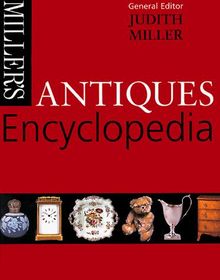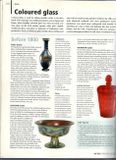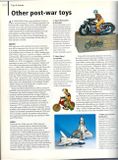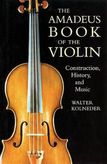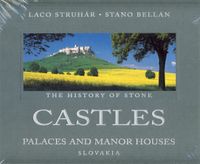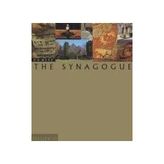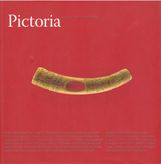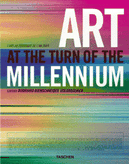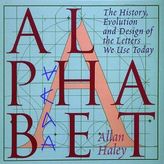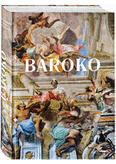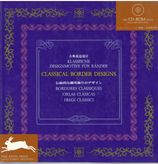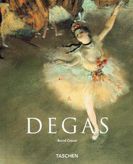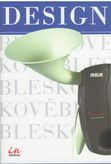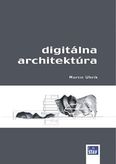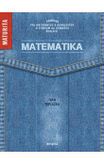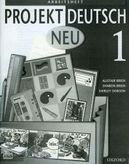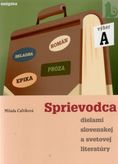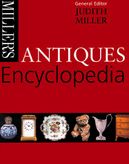Domov, Hobby
Miller's: Antiques Encyclopedia - vypredaj
Popis
A comprehensive guide to antiques for both enthusiasts and experienced dealers. There are extensive sections on furniture, ceramics and glass whilst more specialists subjects covered include jewellery, scientific instruments, sporting memorabilia and antiques of the future.This brilliantly argued book is an entirely fresh critique of the postmodern turn. David Simpson sets his sights on the most distinctive aspects of postmodern scholarship: the pervasiveness of the literary and the flight from grand theory to local knowledge. Simpson examines defining features of postmodern thoughtstorytelling, autobiography, anecdote, and localismand traces their unacknowledged roots in literature and literary criticism. Considering such examples as the conversational turn in philosophy led by Richard Rorty and the anecdotal qualities of the New Historicism, he argues that much of contemporary scholarship is literary in its terms, methods, and assumptions about knowled⥠in their often unconscious adoption of literary approaches, scholars in philosophy, history, anthropology, and other disciplines have confined themselves to a traditionaland limitedway of looking at the world. Simpson is the first to uncover the largely unacknowledged ancestry of the key paradigms and sensibilities of the academic postmoderntracing their roots to nineteenth-century Romanticism and to more general traditions of literature. He warns scholars against mistaking the migration of ideas from one discipline to another for a radically new response to the postmodern age. In his nuanced and balanced assessment of the academic postmodern enterprise, Simpson recognizes that both the literary turn and the emphasis on local, subjective voices have done much to enrich knowledge. But he also identifies the danger in abandoning synthetic knowledge to particular truths, cautioning that "we would be foolish to pretend that little narratives are true alternatives to grand ones, rather than chips off a larger block whose shape we can no longer see because we are not looking."
